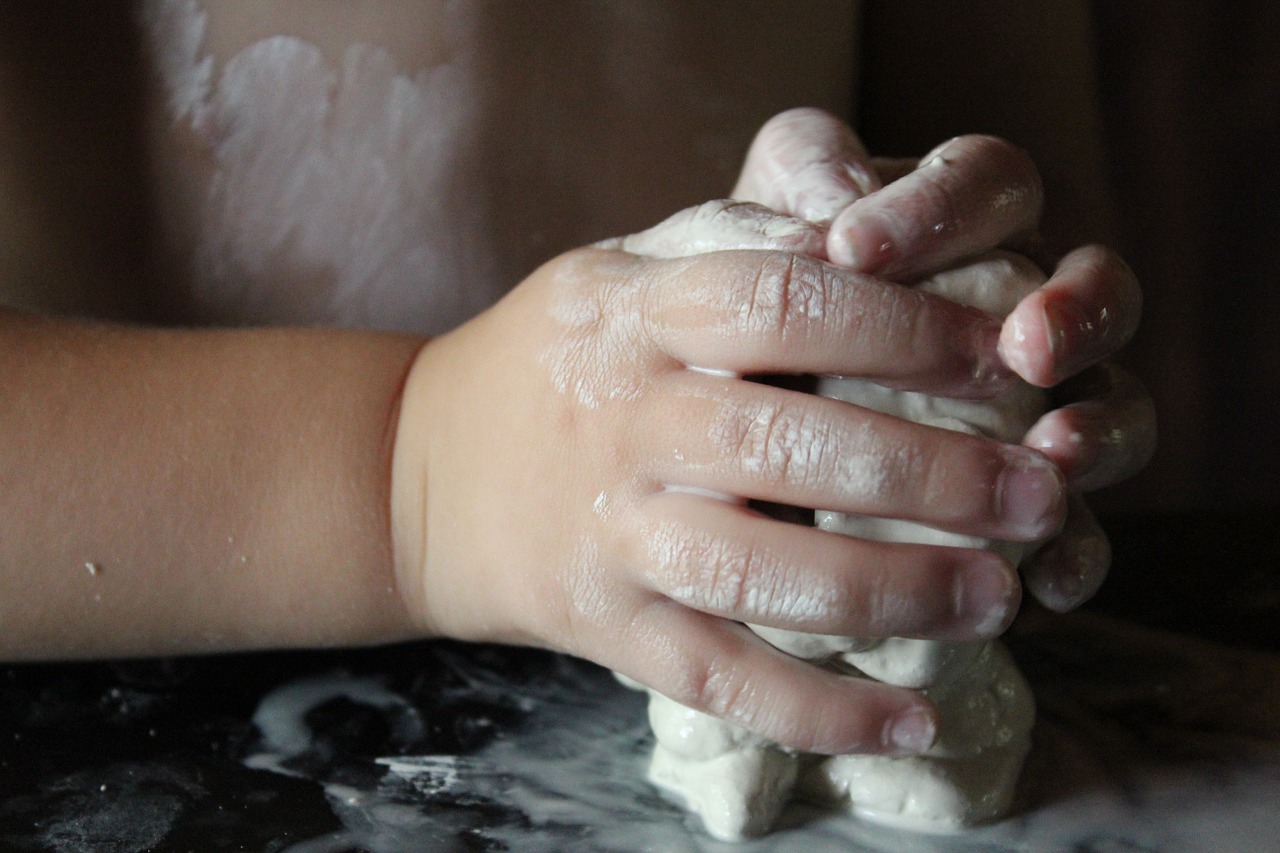
Today, I’m spending the day with educators in Cedar Rapids, IA – as you do. The morning will be dedicated to facilitating a workshop for superintendents from around the region. During the intro call with the folks who asked me to come out, I got a list of others who have come out in the months before me to offer and plan a similar workshop. Some of the names I knew, some I’m eager to read about. All of them made me wonder what I have to offer this room after the collective wisdom they’ve garnered from previous speakers.
I hammered away for a while before I realized all I need is a question.
What are you going to do now?
Think back to the keynotes and workshops you’ve been a part of – from the front or the back. Chances are they focused on vomiting new ideas, fancy new toys – the shiny, the new. It’s all well and good because these kinds of things are generally one-off experiences. The good folks of Cedar Rapids have contracted me to work with them for a day, not a year.
So, I’m going light on the new and the shiny. Instead, I’m asking a few simple questions:
- What have others said before me that stuck with you?
- What would it look like if you took the best pieces of each of those messages, envisioned them working together in your district, and worked to engineer a cultural shift in learning and teaching?
- What questions does this bring up for you?
- What are you going to do about it?
Throughout, I’ve thrown in several pieces of “Might it look like this…What about this?” to stoke the fires of their thinking and their curiosity.
In the end, though, once they’ve got a good vision, I’ll be asking them to build something. It might be a presentation for their teachers. It could be a workshop similar to ours. It could be a yearlong project to re-define learning in their schools.
Either way, I’m building our time together around the idea we’ve got all the information we need. Now, we must take the space and time to do something with it.